Description
N-Acetyl-L-Cysteine (NAC): A Versatile Supplement with a Growing Body of Evidence
N-Acetyl-L-Cysteine (NAC) is a derivative of the natural amino acid L-cysteine. Found in many over-the-counter supplements, NAC has garnered significant attention for its antioxidant properties and its potential to support a wide range of health conditions. This article will explore the science behind NAC, its potential benefits, and important considerations before incorporating it into your routine.
Understanding NAC’s Mechanism of Action
NAC shines due to its ability to replenish glutathione, one of the body’s most powerful antioxidants. Glutathione plays a crucial role in:
- Fighting Free Radicals: Protecting cells from damage caused by unstable molecules called free radicals, which contribute to aging and disease.
- Detoxification: Helping the liver remove harmful toxins and heavy metals from the body.
- Immune Function: Supporting the healthy function of immune cells.
By boosting glutathione levels, NAC indirectly supports these vital processes.
Potential Health Benefits of NAC:
The research surrounding NAC is ongoing and promising, with various studies suggesting potential benefits for:
- Respiratory Health: NAC is a well-established mucolytic, meaning it helps to break down mucus in the airways. This makes it potentially beneficial for conditions like bronchitis, chronic obstructive pulmonary disease (COPD), and cystic fibrosis. It can help ease breathing and reduce coughing.
- Liver Health: Due to its role in detoxification and glutathione replenishment, NAC is used to treat acetaminophen (Tylenol) overdose by protecting the liver from damage. Some studies also suggest its potential benefit in supporting liver function in other liver conditions.
- Brain Health: Glutathione is crucial for brain function and protection. NAC’s ability to boost glutathione may offer neuroprotective benefits, potentially aiding in conditions like Alzheimer’s disease and Parkinson’s disease. Research is still evolving in this area.
- Mental Health: Some studies have explored the potential of NAC in managing symptoms of mental health conditions like depression, anxiety, and obsessive-compulsive disorder (OCD). While promising, more research is needed to establish its efficacy and safety in these areas.
- Fertility: NAC’s antioxidant properties may improve fertility in both men and women by protecting sperm and eggs from oxidative damage.
- Kidney Health: NAC can help protect the kidneys from damage caused by certain medications and toxins.
Dosage and Potential Side Effects:
The appropriate dosage of NAC varies depending on the individual and the condition being addressed. It’s crucial to consult with a healthcare professional to determine the right dosage for your needs.
While generally considered safe, NAC can cause some side effects, including:
- Gastrointestinal Issues: Nausea, vomiting, diarrhea, and abdominal pain are possible.
- Allergic Reactions: Skin rashes, hives, and difficulty breathing can occur, though rare.
- Blood Clotting Risks: In theory, NAC could affect blood clotting, so caution is advised for individuals taking blood thinners.
- Drug Interactions: NAC may interact with certain medications, so discussing your current medications with your doctor is essential.
Important Considerations:
- Consult a Healthcare Professional: Before taking NAC, especially if you have any pre-existing medical conditions or are taking other medications, consult with your doctor or a qualified healthcare professional.
- Source and Quality: Choose NAC supplements from reputable manufacturers with third-party testing for purity and potency.
- Start Low and Go Slow: Begin with a lower dosage and gradually increase it as tolerated to minimize potential side effects.
- Not a Replacement for Medical Treatment: NAC is a supplement and should not be considered a replacement for conventional medical treatment for any of the conditions mentioned above.
Conclusion:
N-Acetyl-L-Cysteine (NAC) is a promising supplement with a growing body of evidence supporting its potential benefits in various areas of health. Its role in boosting glutathione, a powerful antioxidant, makes it a valuable addition to supporting overall well-being. However, it’s crucial to consult with a healthcare professional before incorporating NAC into your routine to determine the appropriate dosage and ensure its safety given your individual circumstances. While research is still ongoing, NAC holds considerable potential as a supportive therapy for a range of health conditions.

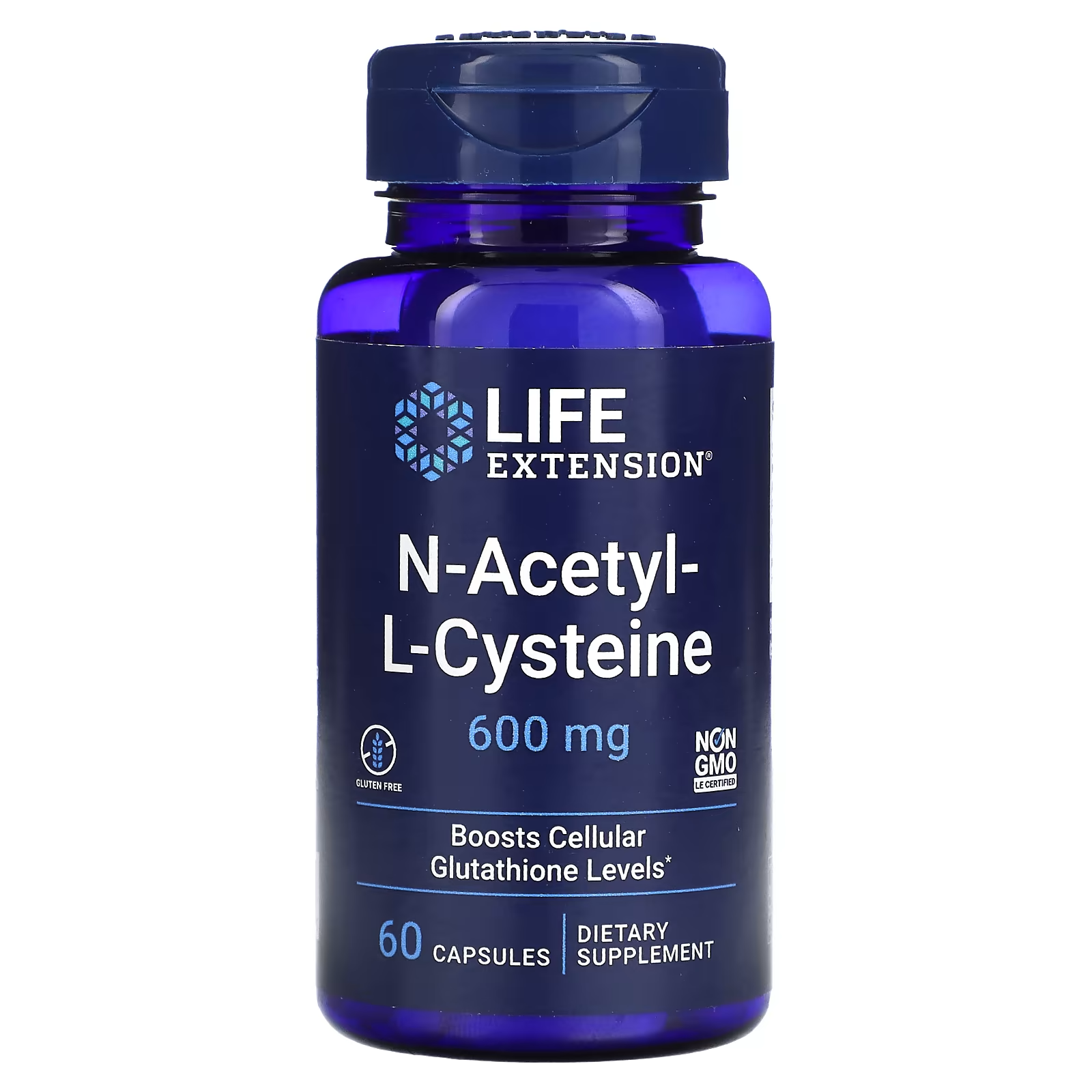
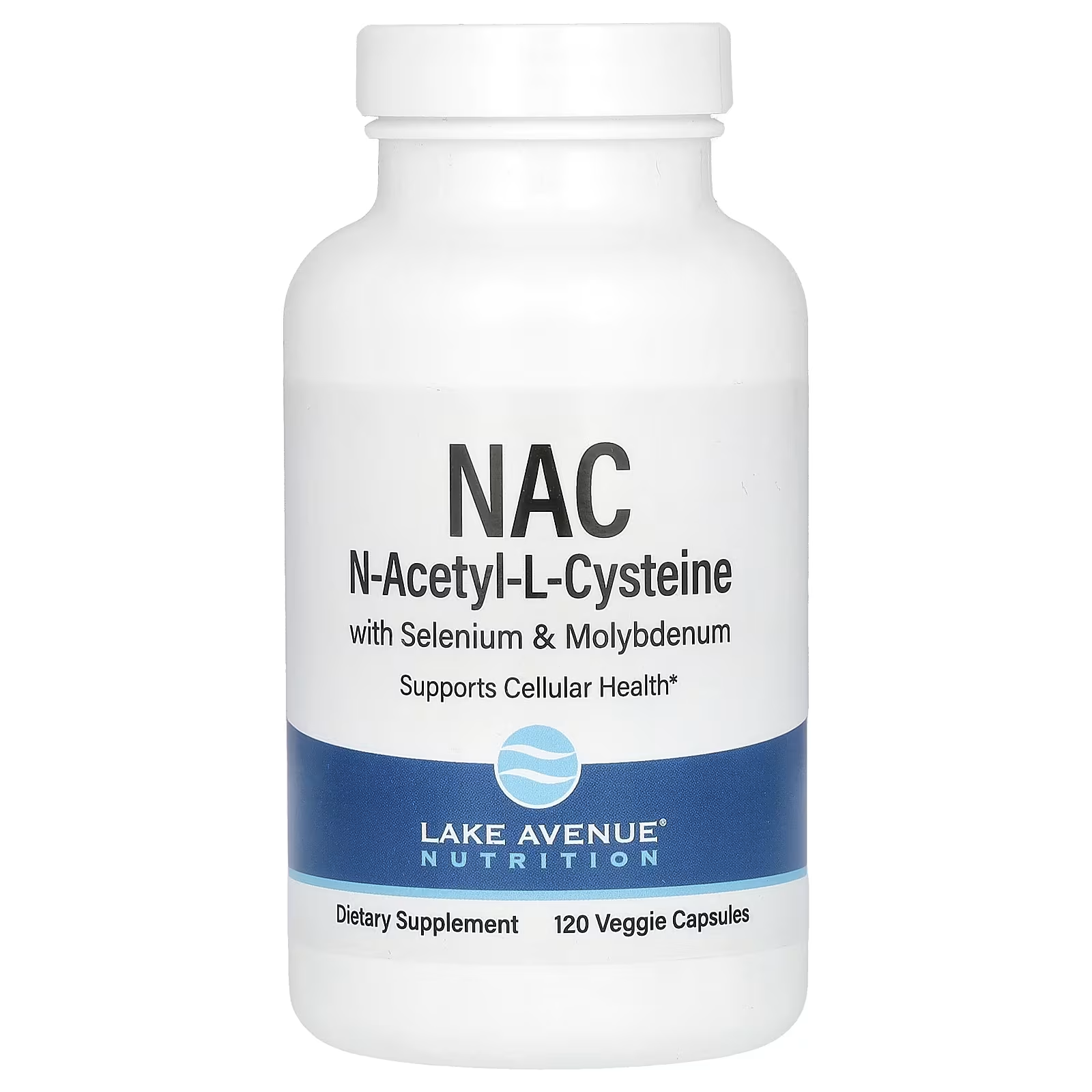
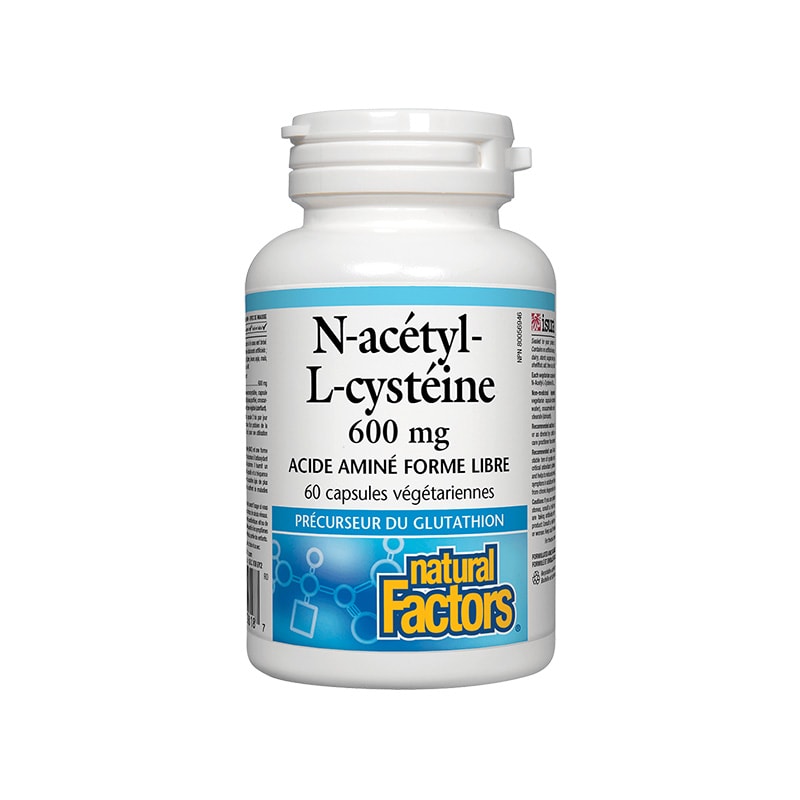
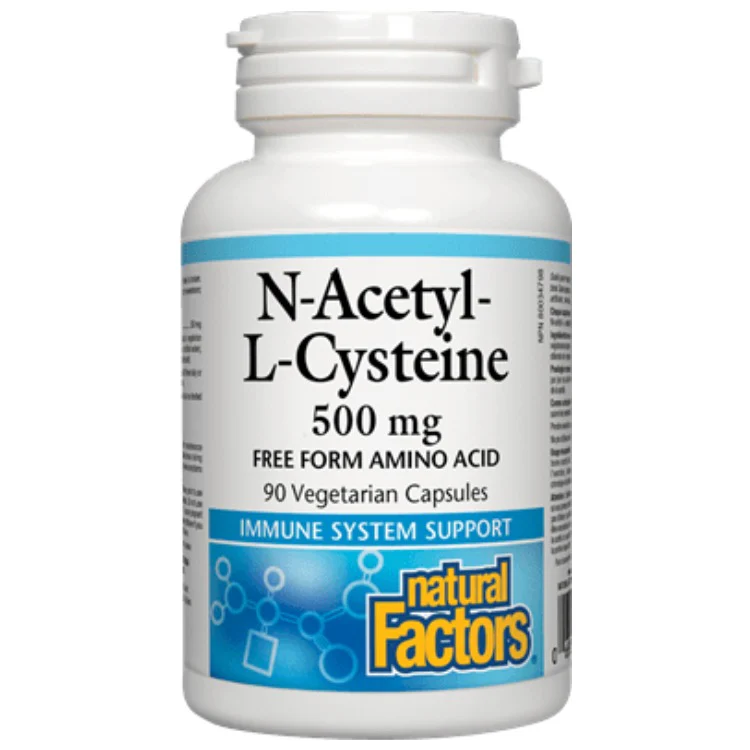
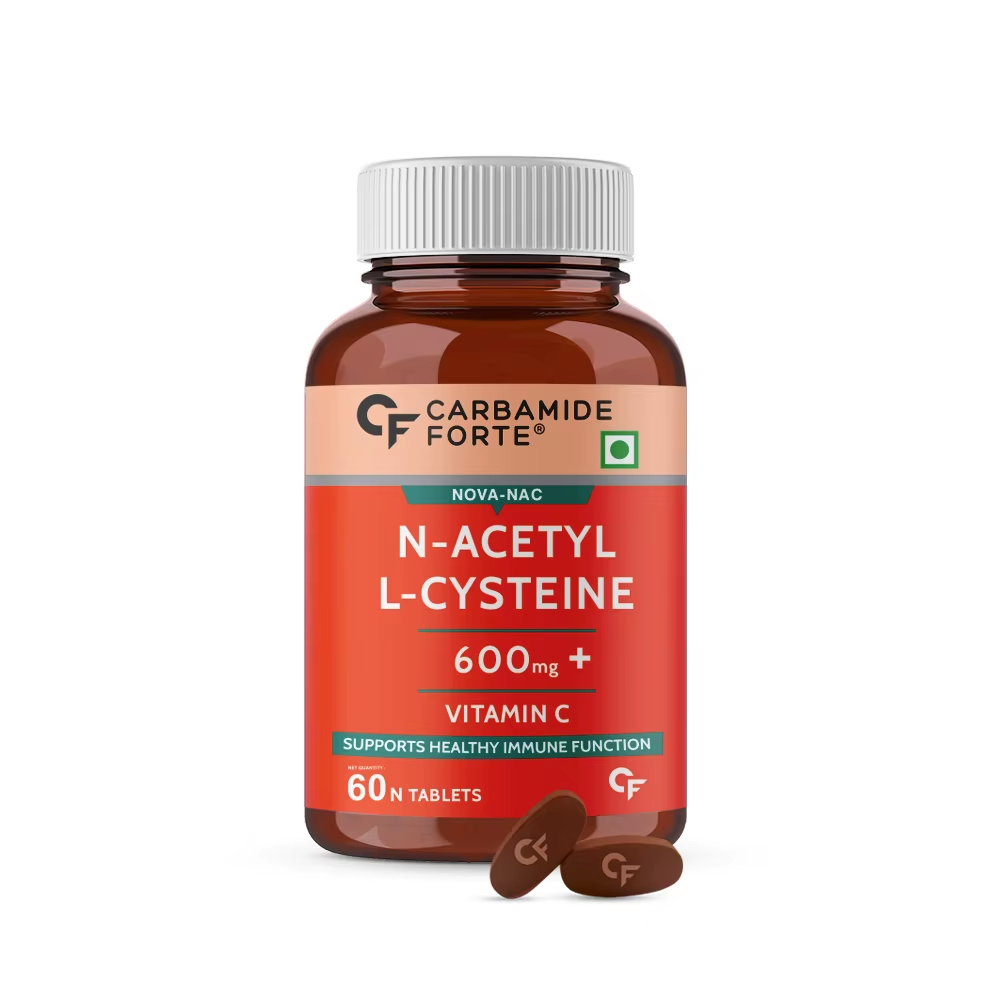
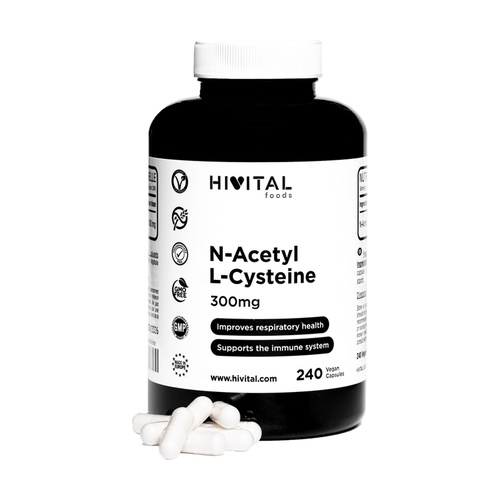

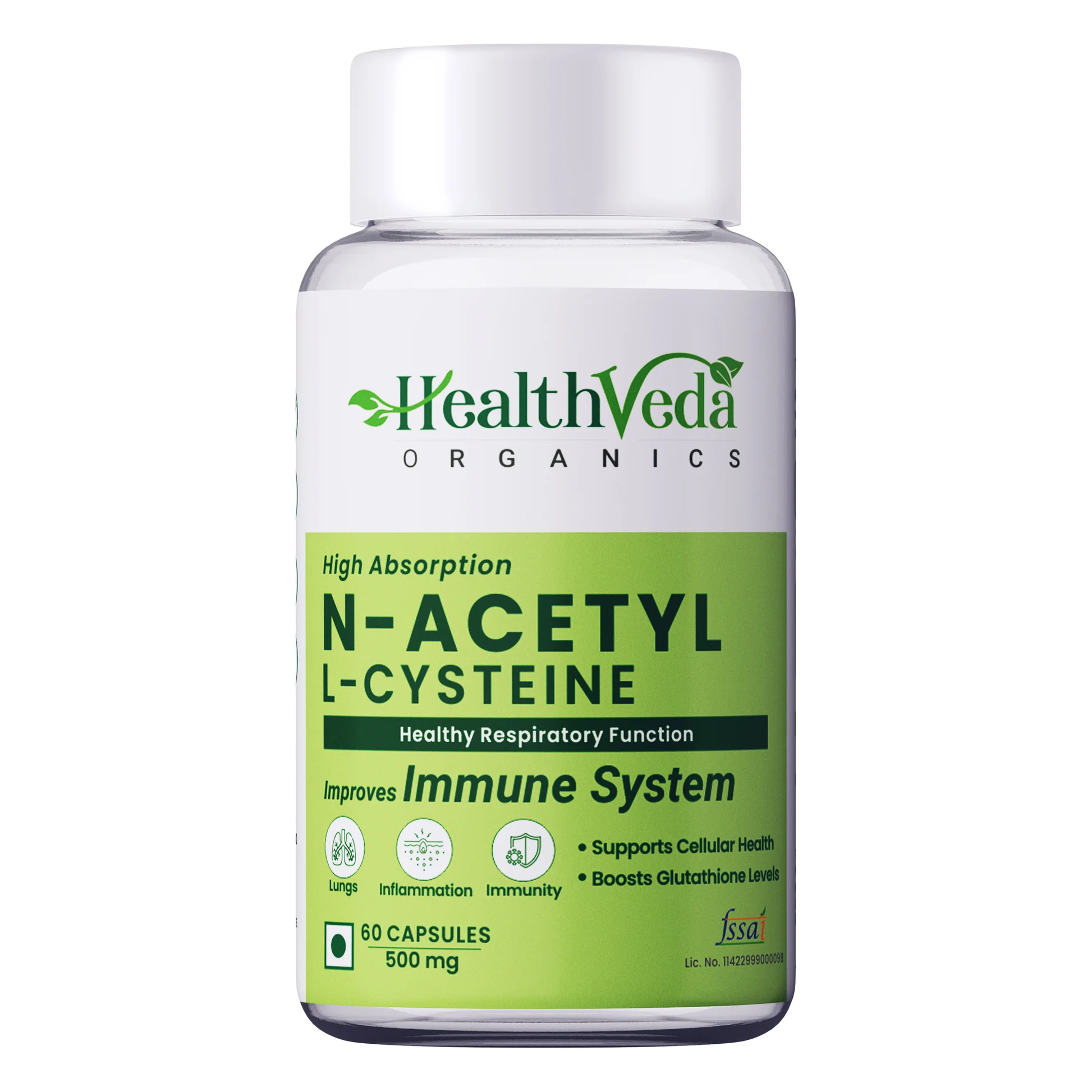
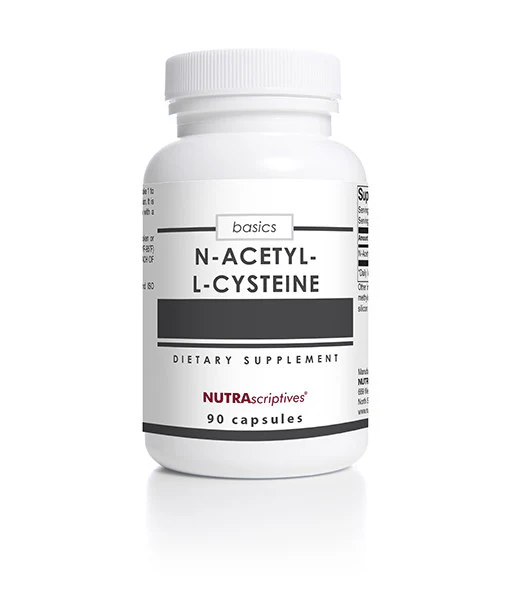
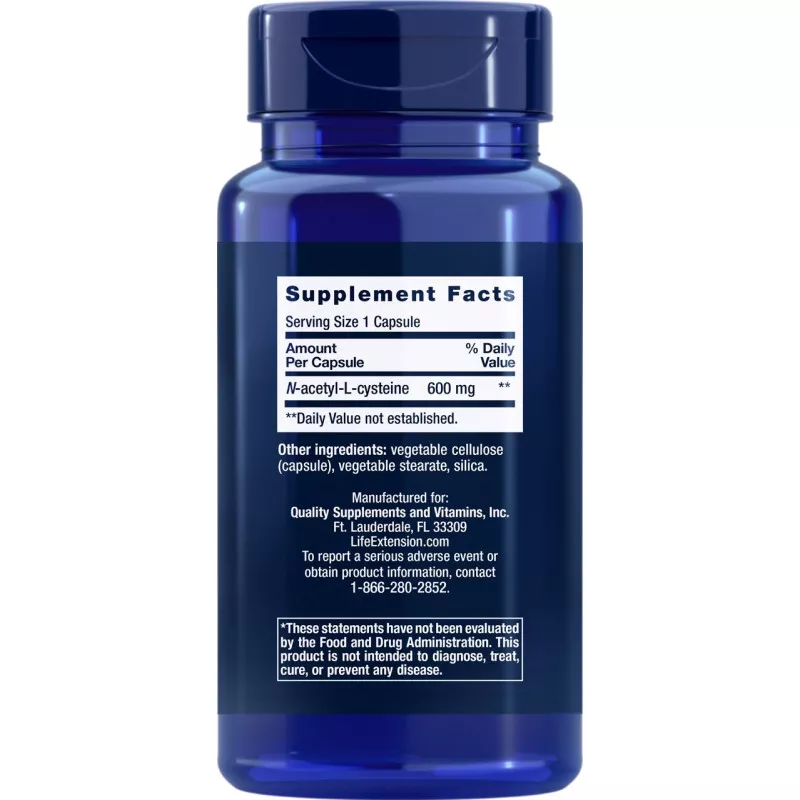
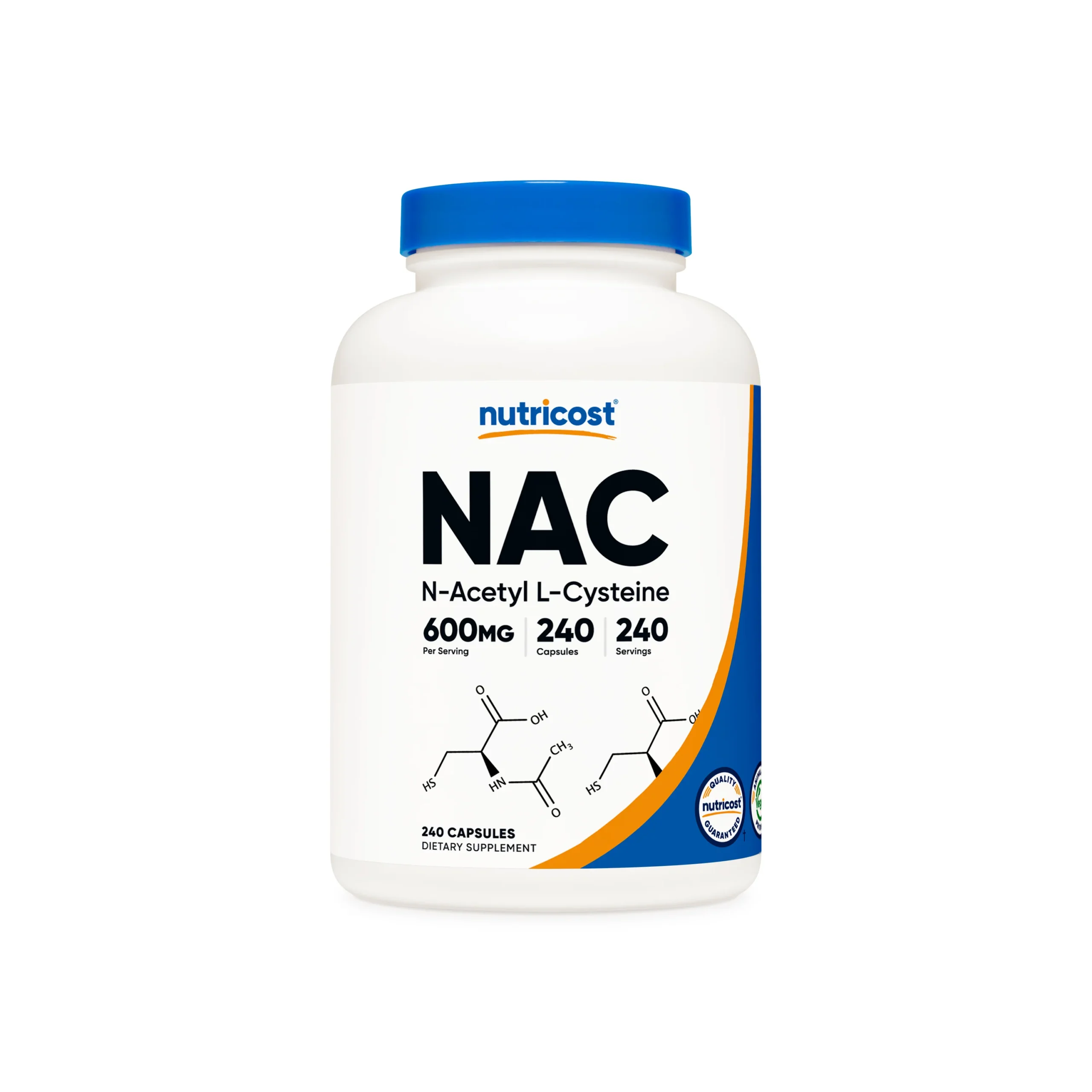



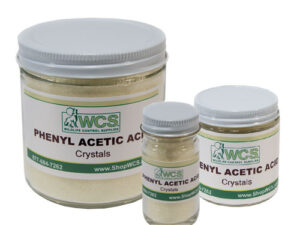
Reviews
There are no reviews yet.